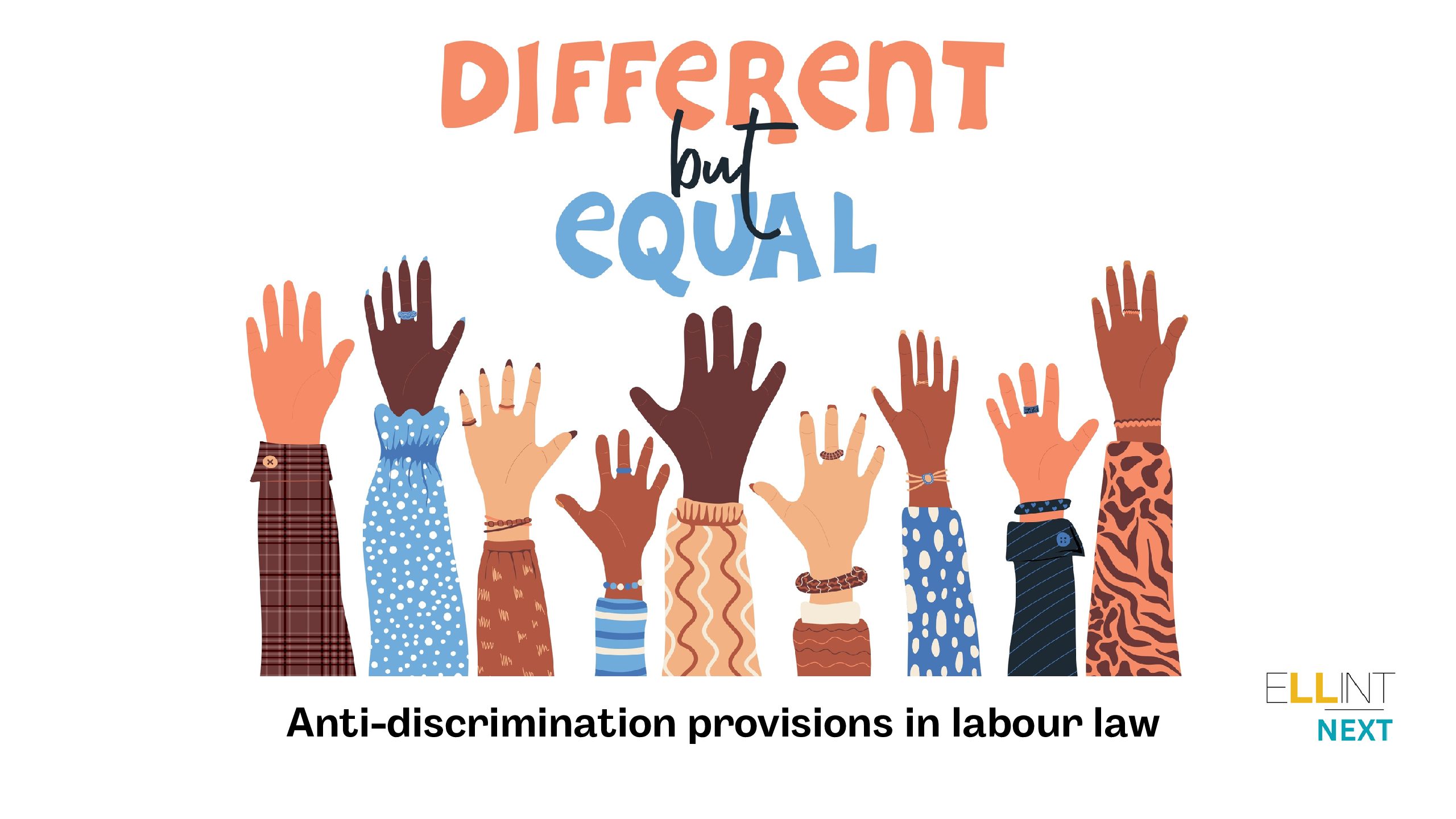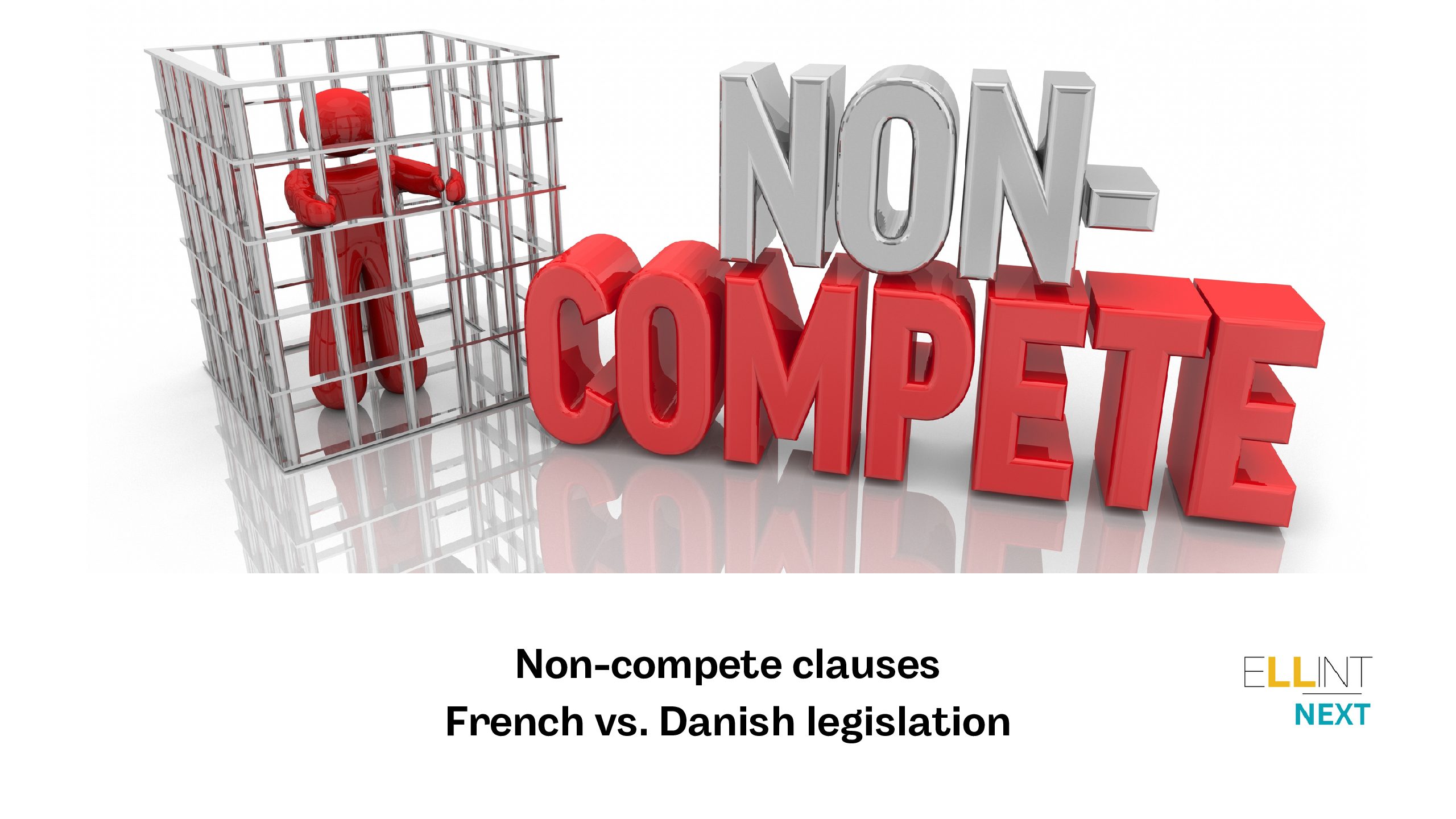
It follows from Section 4 of the law on implementation of parts of the working time directive (the Working Time Act) that the average working hours during a 7-days’ period of time, calculated over a 4-months’ period of time, must not exceed 48 hours including overtime. Periods with annually paid holidays and sick leave periods are not included in or are neutral in relation to the calculation of the average.
Furthermore, it follows from Section 8 of the Act that an employee whose rights in accordance with the Working Time Act have been violated, may be granted a compensation.
The case concerned a tractor driver employed at a building contractor and a machine pool for more than 6 years. During the case, it was taken into account that, for 32 reference periods of 4 months in 2010-2013, the employee had been working for more than 48 hours per week on average. For some of the periods, the hourly working hours constituted more than 50 hours and in other periods the weekly working hours constituted more than 60 hours. The tractor driver received the agreed salary in the shape of hourly wage and overtime pay (for working hours exceeding 42.5 hours per week, which was determined in the employment contract) and he had also received his holiday pay.
The Supreme Court was to determine the size of the compensation that an employee was to receive for the breach of the 48-hours’ limit of the Working Time Act. It is not stipulated in the compensation provision of Section 8 nor in the preparatory works of the Act, to which level the compensation should be assessed, nor according to which criteria the compensation which the employee may be granted, should be established. The purpose of the regulation on maximum working hours is to protect the health and safety of the employees and is not a compensation for a financial loss, but a compensation for the extraordinary work load, when the 48-hours’ limit is exceeded.
The Supreme Court ruled that, as a point of departure, a compensation for exceeding the 48-hours’ limit should be of DKK 25,000, unless other evidence provides the basis for increasing or reducing the amount.
Mitigating circumstances in relation to reducing the compensation of DKK 25,000, could e.g. include that exceeding the 48-hours’ limit is trivial, or that the excess is isolated or excusable, and that the employer has taken immediate steps to avoid recurrence. Aggravating circumstances in relation to increasing the compensation of DKK 25,000 and up to DKK 50,000, could e.g. include that the 48-hours’ limit is considerably exceeded or if the periods in which the excess has taken place are multiple or very long. A compensation of more than DKK 25,000 could also be granted, if the employee has been ordered to work for more than 48 hours, or if the employer has threatened to terminate the employee, if the employee did not want to work for such hours. The same applies if the employee was not paid for the overtime.
In this case, within a multi-annual period of time, the employee had been working repeatedly beyond the 48-hours’ limit of the Act, and during several reference periods, he was working considerably more than the limit. He carried out the work according to his own wishes and received full remuneration for his work. Under consideration for the considerable and repeated violations of the 48-hours’ limit, the Supreme Court determined that the compensation should be DKK 50,000.



Thanks to the following contributors to the website: Steen Evald (photograph), Stine Heilmann (photograph), Count Pictures (video), Kunde & Co. A/S (design), WeCode A/S (coding)